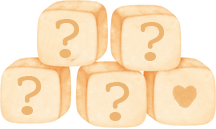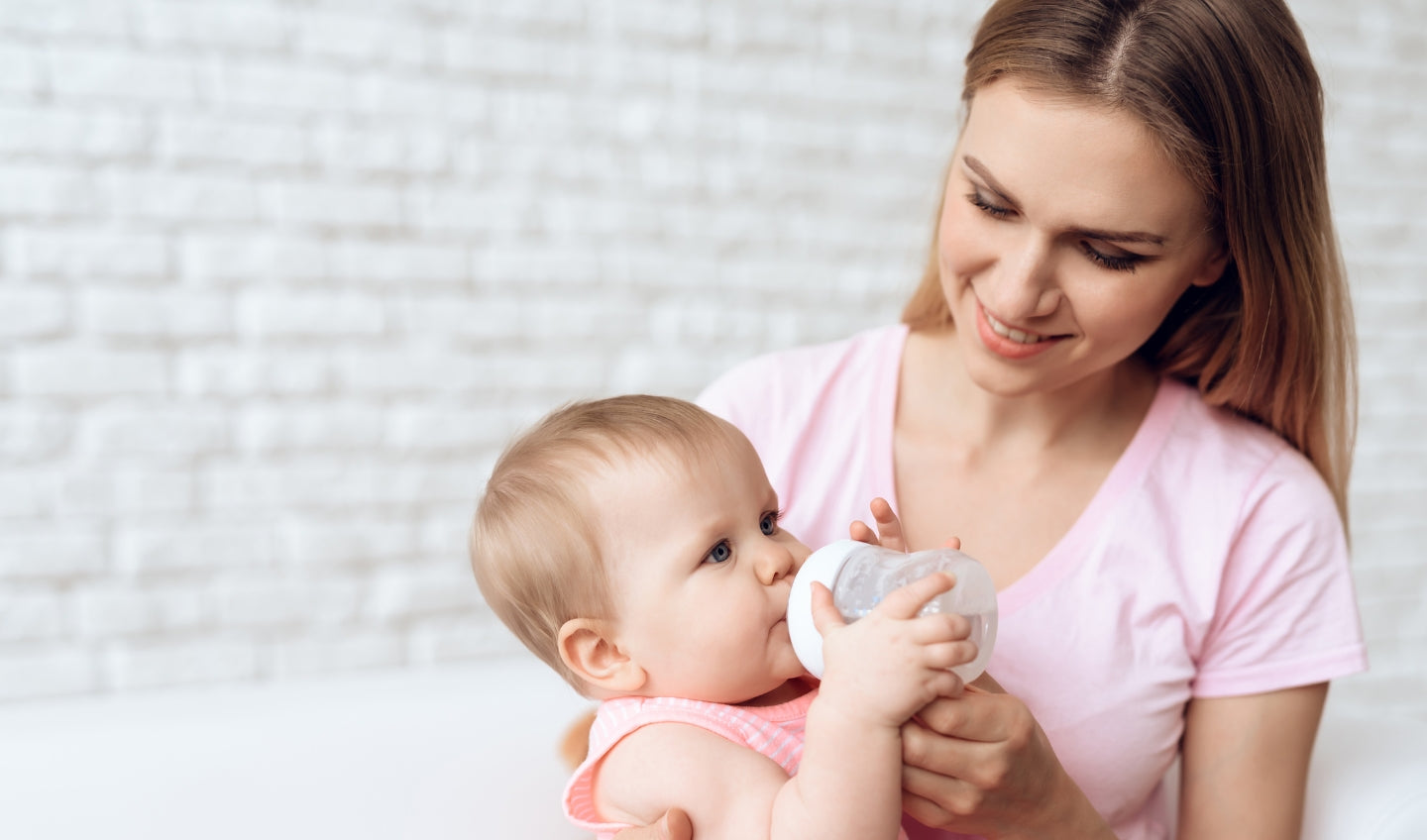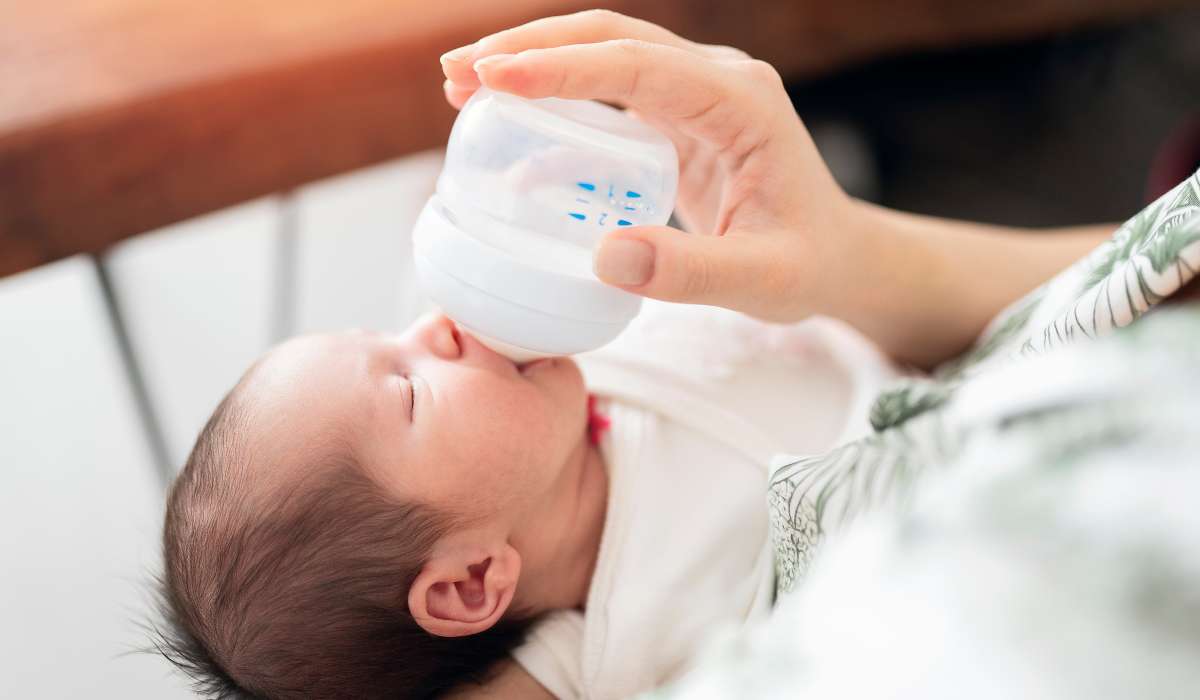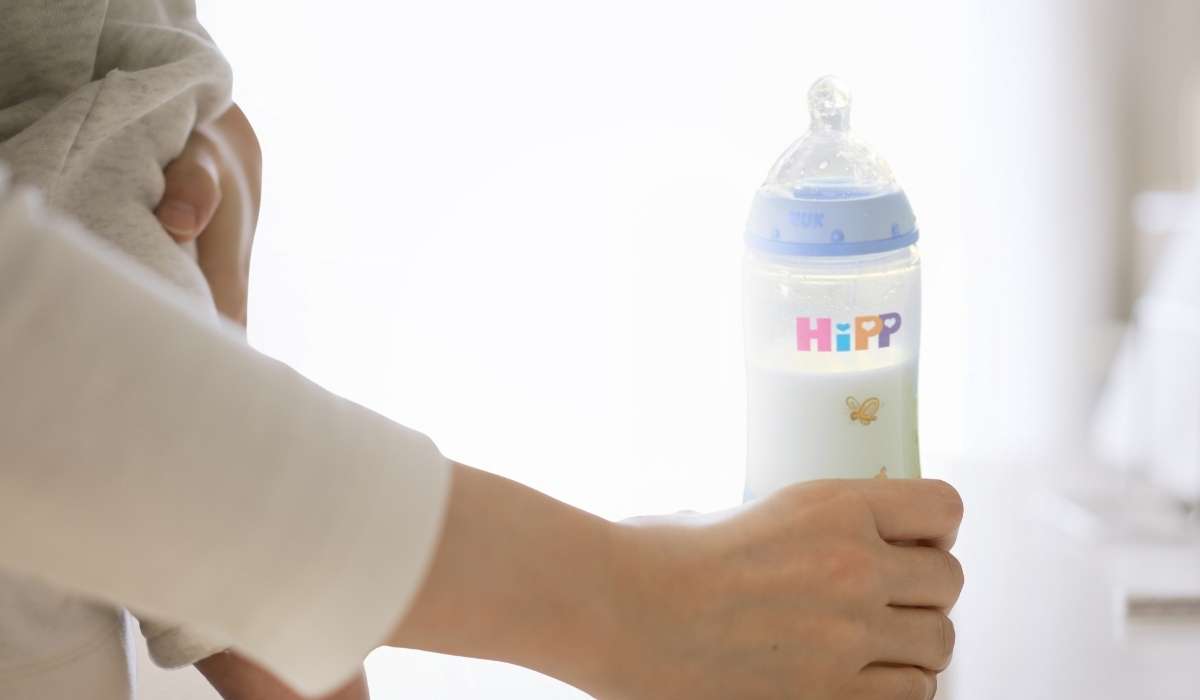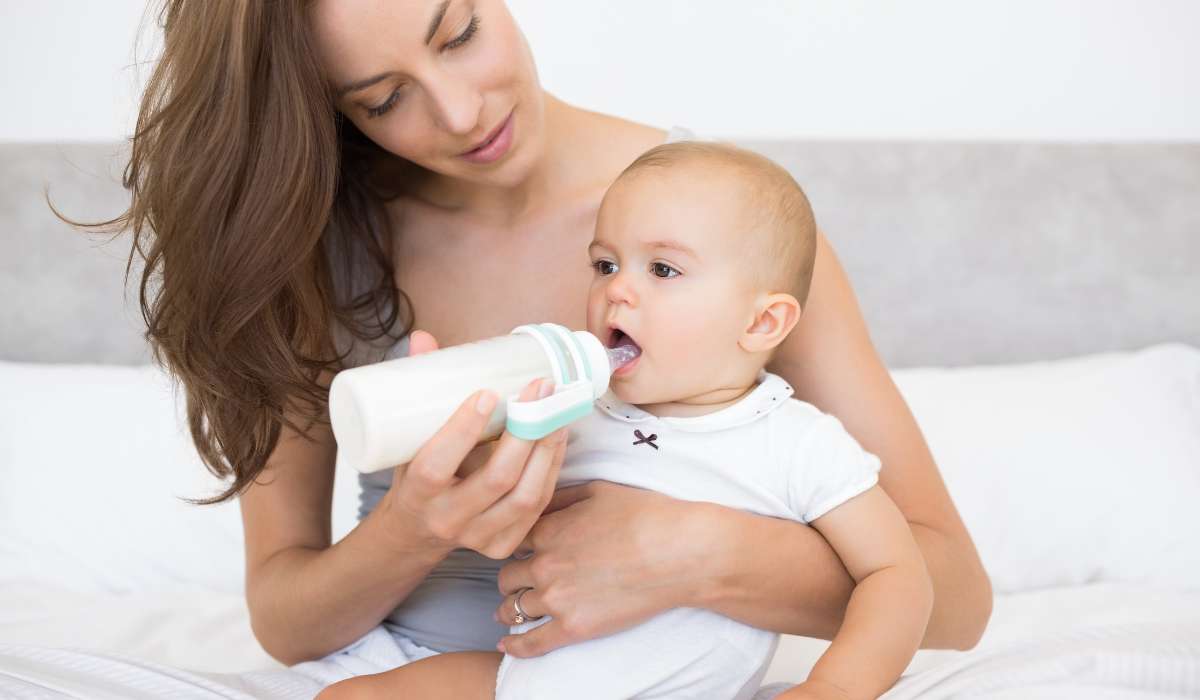Many parents realize that feeding their babies with cold formula could make their lives easier, since that means spending less time preparing and fussing around over bottles and warm milk.
To make preparing formula easier on you, today we're taking a closer look at the benefits of cold infant formula and debunking the common myths that surround it.
So, if you're one of those parents asking yourself, can babies drink cold formula? Then keep on reading!
Contents
- Can Babies Drink Cold Formula? The Facts You Need to Know
- Benefits of Giving Your Baby Cold Formula
- Potential Drawbacks of Cold Milk
- Expert Opinions: What Pediatricians and Nutritionists Say About Cold Formula
- Tips for Safely Serving Cold Formula to Your Baby
- How to Safely Heat Cold Baby Formula
- FAQs About Cold Formula
Can Babies Drink Cold Formula? The Facts You Need to Know
Since this is something a lot of parents worry about, the first question we want to answer is: what would happen if I gave my baby cold formula?
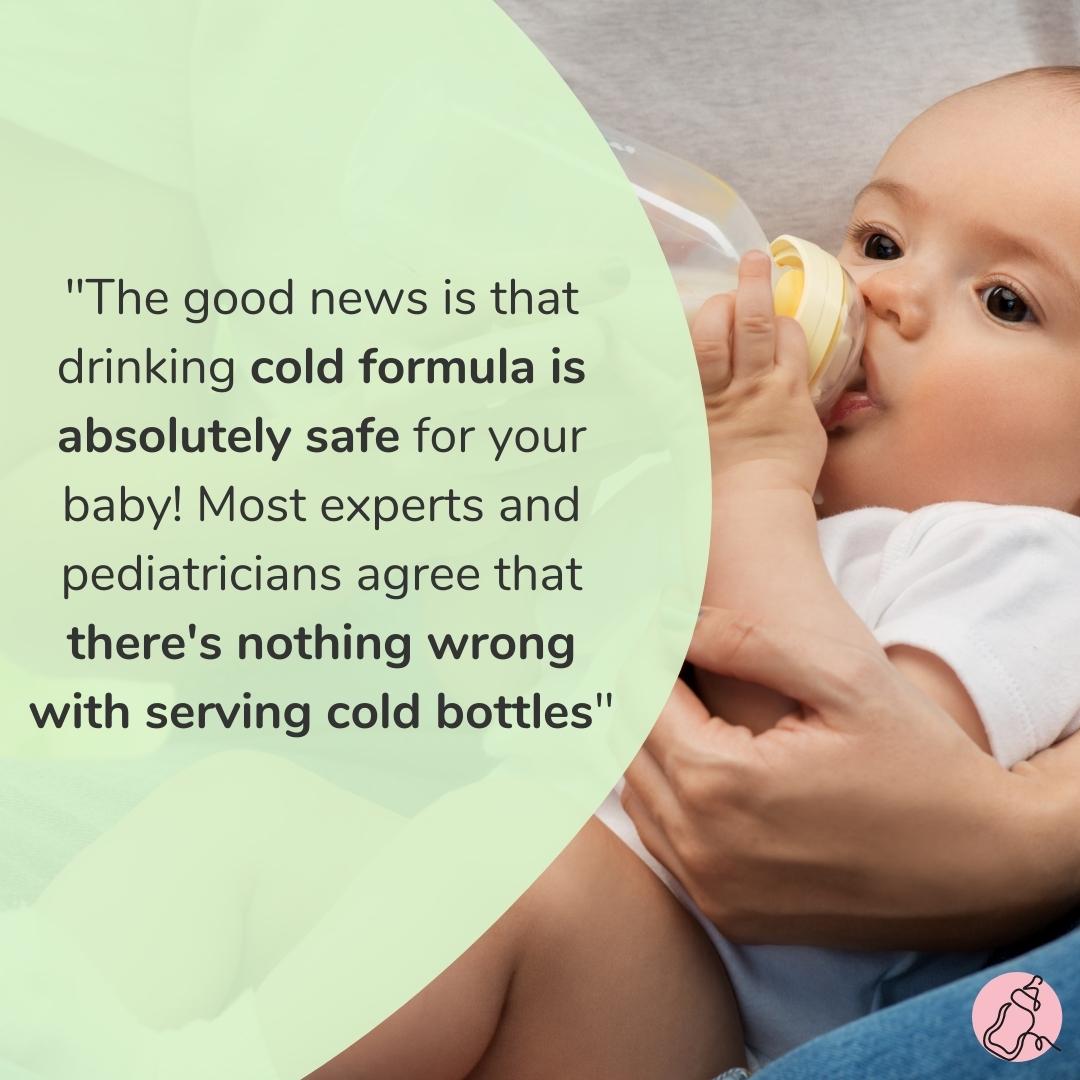
The good news is that drinking cold formula is absolutely safe for your baby! Most experts and pediatricians agree that there's nothing wrong with serving cold bottles.
Although safety isn't a concern, you should be aware that some babies simply may not like cold milk, so if you're not one of the lucky ones, then your baby may not take to their milk being served cold.
So now that we know giving cold milk gets the a-okay, it's time to discover some of the benefits that this feeding method can offer!
Benefits of Giving Your Baby Cold Formula
The biggest and most obvious benefit of giving your baby cold milk is a chance to avoid all the potential dangers of warm bottles.
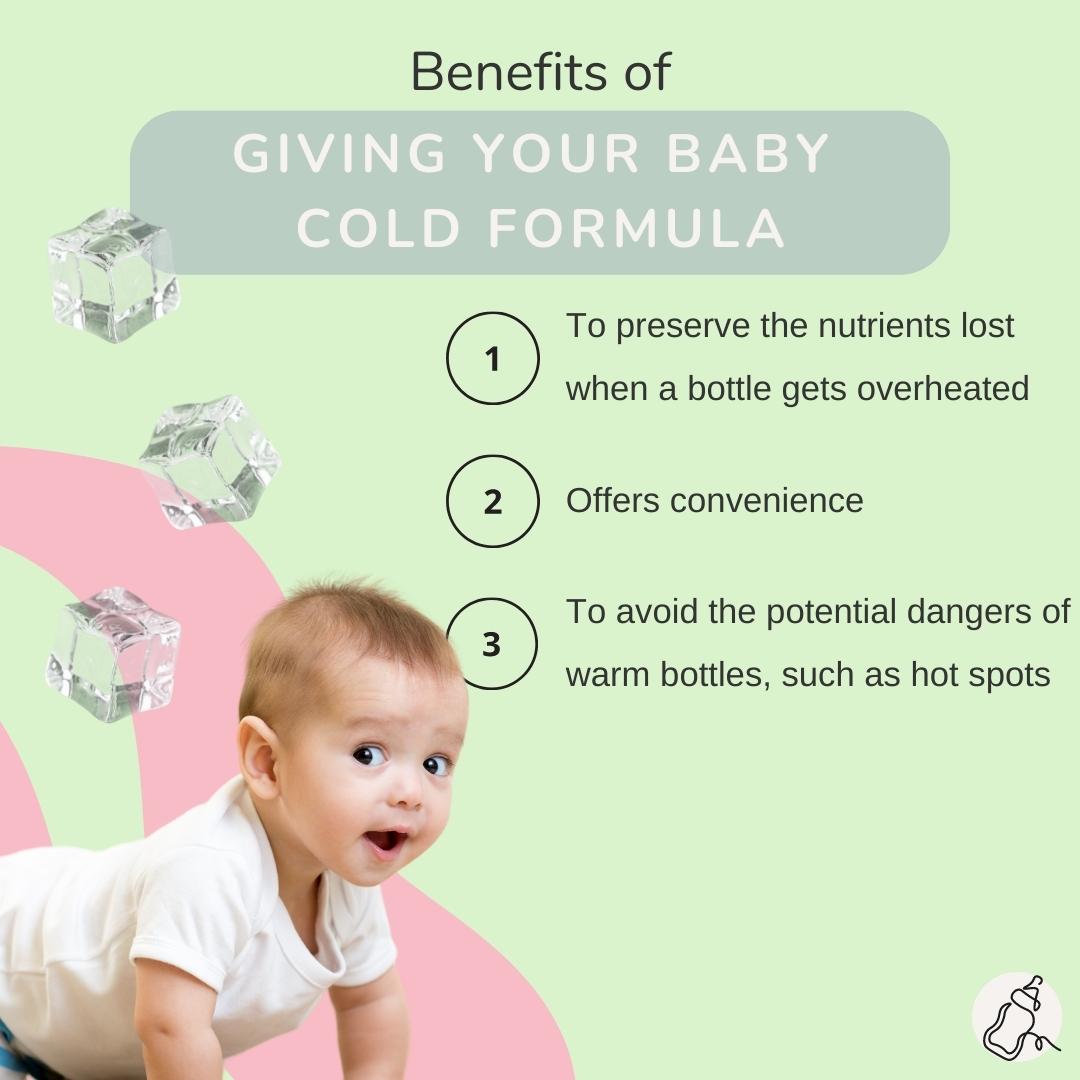
The thing is, it's easy to overheat prepared powdered formula. As a result, hot spots can appear in the milk, which can then burn your baby's mouth and tongue — and that's something that can easily be avoided by serving formula cold.
Plus, overheating the baby bottle can potentially destroy those important nutrients in the formula. It's also worth mentioning that temperature fluctuations of the prepared bottle may change the texture and consistency of the formula milk, and while this isn't likely to affect its safety or nutrition value, changes in texture can make the formula less appealing to your baby.
Other than being safer, cold formula offers great convenience. Letting your baby drink cold formula (or cold breast milk, for that matter) will reduce the preparation and the feeding time. Giving your baby cold milk can also make nighttime feedings a little less stressful.
A cold bottle could also really come in handy if you have a busy schedule or you travel a lot with your family. It's significantly easier to serve a "cold drink" than to warm up your baby's bottle, and can be refreshing on a hot day!
Potential Drawbacks of Cold Milk
You might be surprised, but giving your baby a cold bottle might be less than ideal only if your little one is a preemie. The thing is, research suggests that premature babies may digest warm formula better than cold formula or breast milk (2).
Aside from that, there's no medical proof that your baby will experience unpleasant symptoms if you let them drink cold milk.
Expert Opinions: What Pediatricians and Nutritionists Say About Cold Formula
Many babies drink cold milk, but we understand if you're still feeling a little concerned. That's why we want to share expert opinions, too.
Both the American Academy of Pediatrics and the World Health Organization agree that giving your baby a cold bottle is safe. There are no risks unless your little angel is a preemie.
Most pediatricians and doctors also agree that giving your baby a cold bottle has more benefits than using warm milk. It's a safer feeding method that's also more convenient for parents. And let's face it: new parents have enough on their plates.
Tips for Safely Serving Cold Formula to Your Baby
Now, cold formula is safe for your baby, but you still have to take precautions to prepare it properly, so here are some tips to remember.
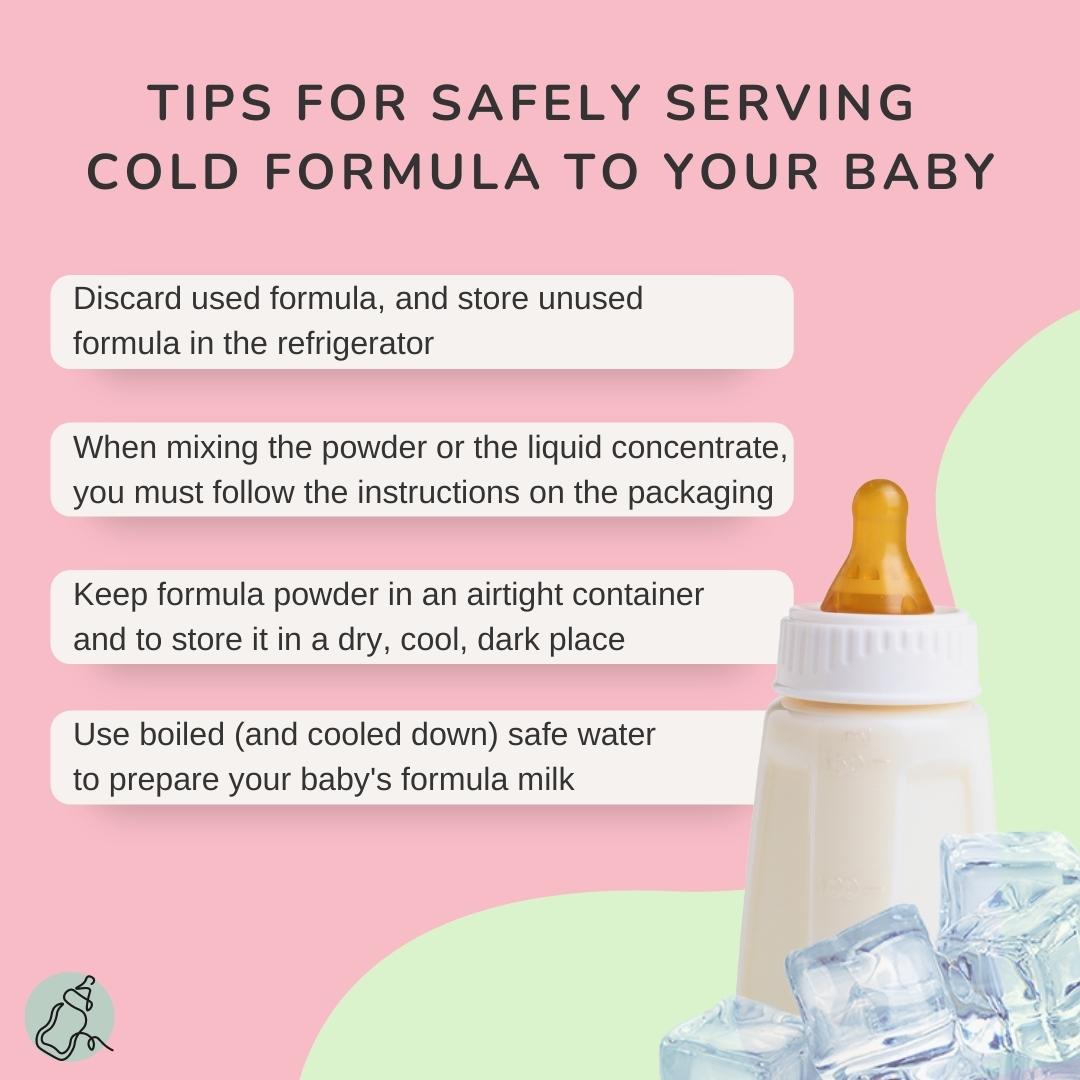
The first thing you should keep in mind is the proper storage and handling of the formula. It's best to prepare a fresh bottle before each feeding.
If you do need to refrigerate your baby's milk, make sure you do that to unused formula only. Otherwise, bacteria from your baby's saliva can grow in their milk, making it dangerous to your little one's health.
It's also crucial to keep the formula powder in an airtight container and to store it in a dry, cool, dark place.
When mixing the powder or the liquid concentrate, you must follow the instructions on the packaging. Changing the ratio can affect the texture and nutritional value of your baby's milk.
As for what water to use for formula preparation, it's recommended to use boiled (and cooled down) safe water to prepare your baby's formula milk.
How to Safely Heat Cold Baby Formula
If your little one's preferred temperature for their bottle is warm, there are certain methods you can follow to keep the risks of warm formula to a minimum.
First off, don't use the microwave. This method of warming milk up is unreliable since it can lead to uneven temperatures and hot spots in the bottle, meaning your baby might burn their tongue and mouth.
A convenient and safer alternative to the microwave is a bottle warmer. However, make sure you keep the bottle in only for a couple of minutes to avoid overheating.
A cheaper alternative to buying new feeding gear, like bottle warmers, is keeping the bottle under a warm tap or placing it in a bowl filled with warm water. These methods may take a bit more time, but at least you don't have to dish out more cash for bottle warmers.
And here's the last important rule: always test the milk's temperature before your baby drinks their bottle. Just put a few drops on the inside of your wrist to make sure the formula is not too hot.
And don't forget to swirl the bottle a little before the test. This will help make the liquid temperature more even throughout the bottle.
FAQs About Cold Formula
Here are some quick answers to commonly asked questions about cold baby formula, we hope these insights will make your feeding journey easier!
How do I know if my baby prefers warm or cold formula?
In many cases, babies will refuse to eat or fuss if they don't like the milk temperature. You might also notice more formula leftovers after feedings if your baby doesn't particularly enjoy the temperature of the milk.
Can I switch between serving warm and cold formula?
Yes, it's okay to switch between cold and warm formula but keep in mind that there might be an adjustment period for your baby. That means they might not take the formula that well after you switch to a different temperature, especially if you switch from warm breast milk to cold formula.
Is it okay to serve cold formula when weaning off breastfeeding?
Yes, you can serve cold or room-temperature formula when weaning off breastfeeding.
Can serving cold formula help with teething discomfort?
Yes, cold formula can relieve teething-related pain and discomfort. However, make sure to never freeze your baby's formula, as this degrades essential nutrients. If you combo feed, you can try serving breast milk popsicles instead!
What should I do if my baby doesn't drink cold formula?
In this case, you can use a bottle warmer or run your baby's bottle under warm tap water for a few minutes. You can also warm up your little one's milk by keeping the tightly shut bottle in a bowl of warm water. Just make sure that the final product is warm, not hot.
Does cold milk cause gas?
Cold breast milk or formula may cause discomfort and gas in babies with digestion issues or stomach sensitivities. However, such occurrences are quite rare. If you're concerned about your babies gas or digestive health, we encourage you to consult your pediatrician.
Wrapping Up: Making an Informed Decision About Cold Formula
Now that you know it's okay for your baby's milk to be cold, your feedings will become easier (hopefully). Of course, it's always a good idea to talk to a pediatrician, especially if you have some concerns about your baby's ability to tolerate cold milk.
And if you're in the market for a new formula, check out our online shop. We offer a wide selection of premium European and organic formulas to make sure your baby gets all the nutrients needed for healthy development!
Whatever formula you choose from us, you can be sure your baby will get only the best ingredients, whether they prefer cold or warm formula. Happy feeding!
Breast milk is the best source of nutrition for babies. Before altering your baby's diet or feeding routine, consult your healthcare provider for personalized recommendations. The information in this article is strictly for informational purposes and is not a substitute for medical advice.
